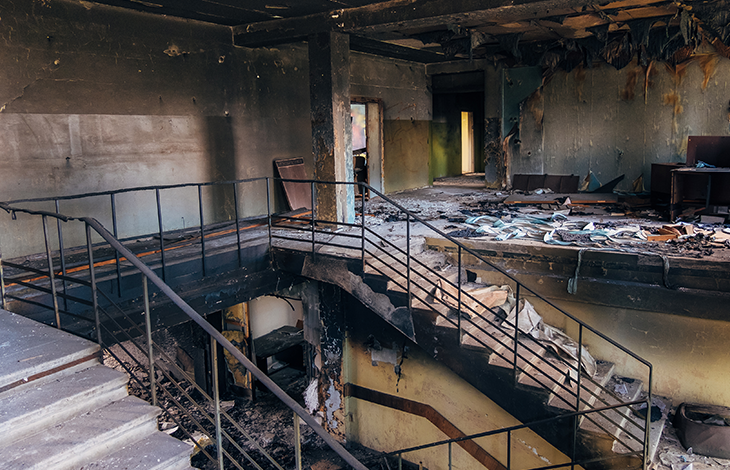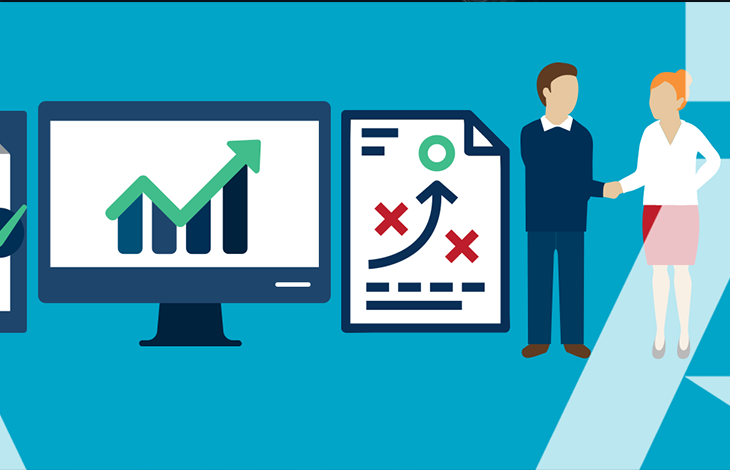
What is your Business Continuity Plan?
Do you know how your business will continue operating if your warehouses are destroyed in a bushfire, your buildings are storm damaged or essential equipment delivery is delayed due to a boarder closure or lockdown? What about if your business is targeted with ransomware and you are locked out of the system?
Thankfully, major losses and disasters don’t happen very often, however if they do occur it’s important to have a plan and be prepared so your business can continue to operate. This is called a Business Continuity Plan.
So what is in a Business Continuity Plan, why is it important and how can it benefit you and your business?
What is a Business Continuity Plan?
Basically, a Business Continuity Plan is a document that sets out how your company will deal with incidents and helps your staff to understand what is expected of them in the event of an incident. It helps you manage the immediate crisis and to recover quickly from the disaster.
Information and a sample template can be found at state and territory government websites. The link to the sample provided by Business Australia can be found at: Business Continuity Plan - Template and Information Sept 2021
What are the key components of a Business Continuity Plan?
The plan should contain all the information essential to keep your business going or safely restart after a major problem or crisis has occurred. The size and complexity of your plan will depend of your business and the industry you operate in.
Your goal is to reinstate your operations as quickly and as safely as possible.
- executive summary & objectives;
- risk management plan with a business impact analysis;
- incident response plan, with the key incident response team members contact info;
- a flexible recovery plan; and a
- test, evaluate and update schedule.
Risk management plan
A risk assessment plan and business impact analysis identifies the risks for your specific business and the activities that key to its survival. The plan analyses the likelihood of the risks happening and evaluates the consequences or impacts of the risk happening. It will also rank the risks in order of impact and identify ways of managing and reducing the risk. The impact analysis identifies the resources needed to support each activity and impact to the business if stopped.
Whilst you have specialist knowledge of your own business operations, it’s worthwhile calling on the expertise of your professional insurance adviser, as he/she will have knowledge and skills to identify risks in your industry and local area.
The template can be found here: Business QLD - Business Continuity Planning
Incident response plan
Your incident response plan will contain important information to respond to an incident, including the response team contact details and how to establish an effective evacuation plan.
Recovery plan
Essentially, your recovery plan outlines the steps needed to get your business up and running. The steps depend on the type of incident that has occurred and may include temporary relocation, short term alternative suppliers or taking on short term leases of essential equipment or vehicles.
Why is a Business Continuity Plan important?
Without a Business Continuity Plan, there would be no clear plan to manage incidents that cause major disruption to your business. Instead of working to rebuild your business, you will have to focus on how to save your business. Business Interruption or Consequential Loss insurance may assist by transferring some of the financial risk, if the incident is from an insured event. Again, your professional insurance adviser can help you to arrange this type of insurance.
How can a Business Continuity Plan benefit your company?
To make your business more resilient to critical incidents, whether that’s the loss of a major supplier, severe storm damage, theft, or fire, you need to include business continuity planning into your business planning.
Protecting data, safeguarding your brand and retaining customers can all come down to how you manage a disaster that ultimately, prevents you from trading. For assistance with your business continuity planning and to ensure that you have identified all your business risks, talk to an insurance professional today and find your local adviser.
Important Information
This communication including any weblinks or attachments is for information purposes only. It is not a recommendation or opinion, your personal or individual objectives, financial situation or needs have not been taken into account. This communication is not intended to constitute personal advice.
We strongly recommend that you consider the suitability of this information, in respect of your own personal objectives, financial situation and needs before acting on it. This document is also not a Product Disclosure Statement (PDS) or a policy wording, nor is it a summary of a particular product’s features or terms of any insurance product. If you are interested in discussing this information or acquiring an insurance product, you should contact your insurance adviser to obtain and carefully consider any relevant PDS or policy wording before deciding whether to purchase any insurance product.


